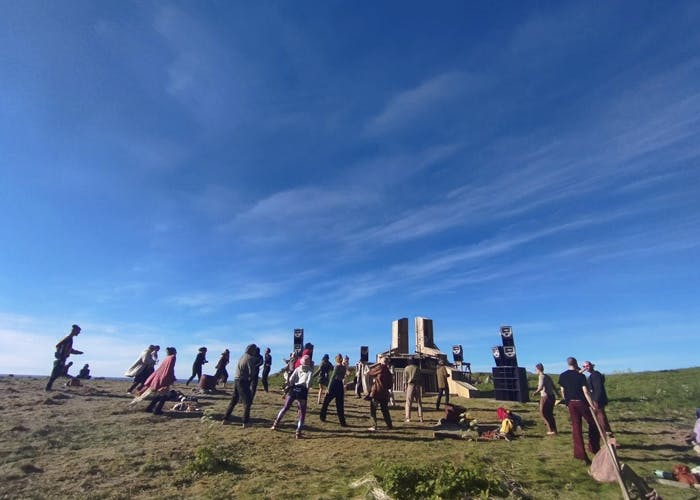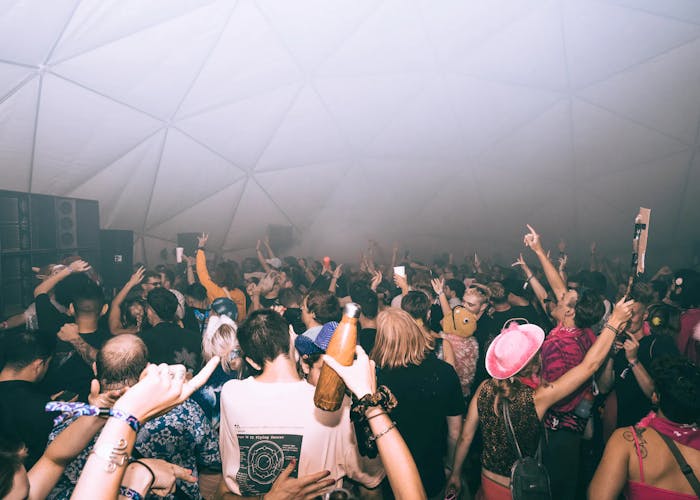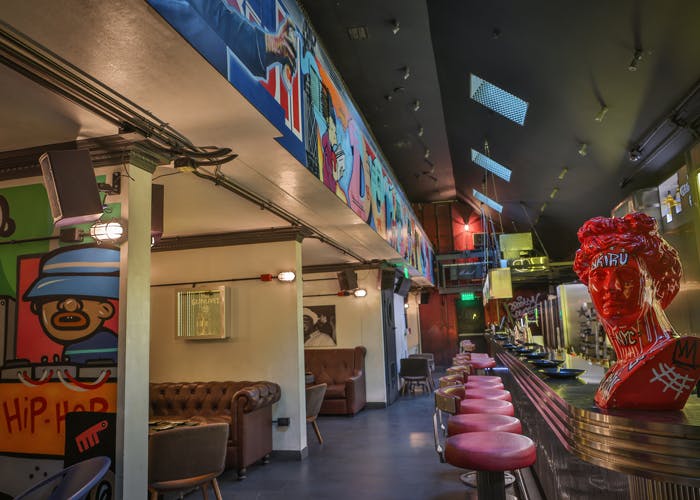
The Chilean Pop-Up Concerts Revolutionising Classical Music
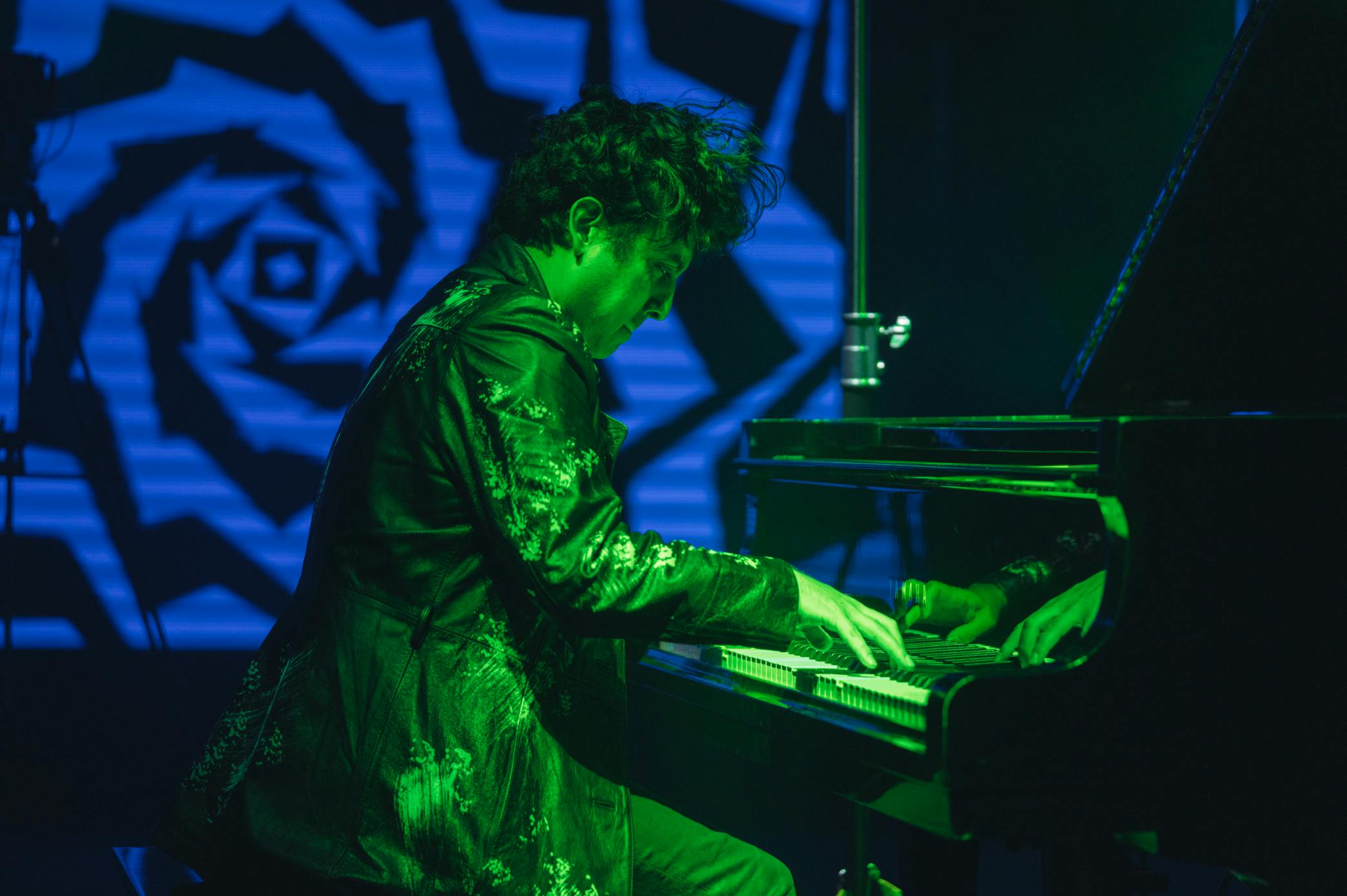
In the heart of Chile, a quiet revolution in classical music is unfolding. Clásica No Convencional (CNC) is redefining how and where audiences engage with symphonic compositions, dismantling long-standing barriers to accessibility and breathing new life into an art form often confined to grand concert halls.
At the helm of this movement is CNC’s artistic director, the internationally acclaimed conductor Paolo Bortolameolli. His vision is clear: classical music should not be a privilege reserved for those with deep pockets or extensive musical knowledge. Instead, it should be an immersive, communal experience that thrives in unexpected locations, reaching audiences who may never have considered attending a traditional concert. “Paolo has an incredible way of making classical music feel immediate and relevant,” says Pablo Gutiérrez, Director CNC. “His influence is woven into everything we do.”
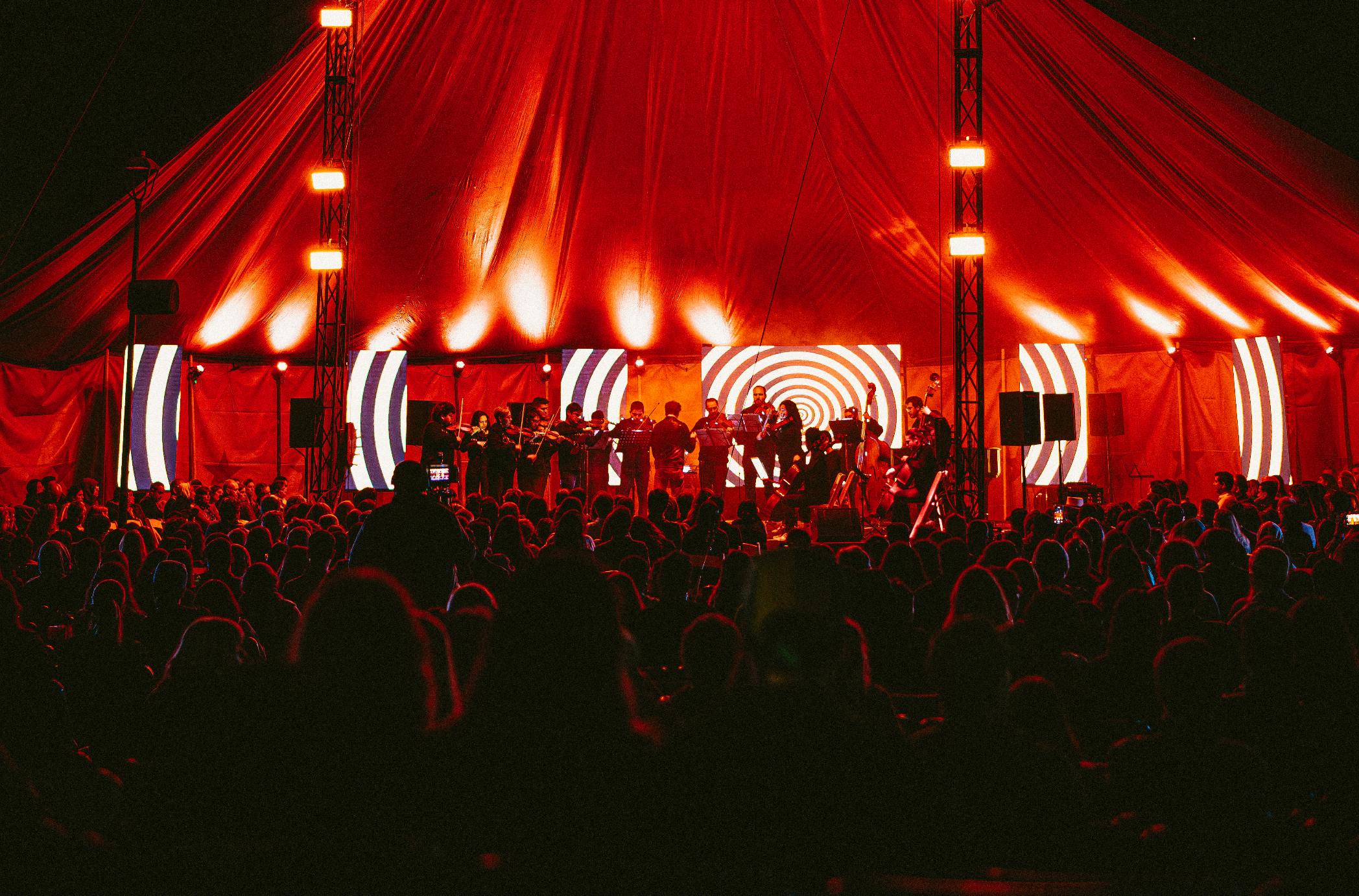
CNC’s approach is refreshingly unconventional. Rather than performing in gilded theatres, they stage their concerts in settings that challenge perceptions: an abandoned warehouse, a circus, a bustling co-working space or an underground car park. Each location is chosen to allow audiences to hear Mozart or Stravinsky in an entirely new light. The contrast between classical compositions and these ‘unconventional’ theatre environments creates an electrifying juxtaposition that reinvigorates the art form.
“It’s about creating a dialogue between the music and the environment,” says Matias Gutiérrez, Director CNC. “Some spaces completely change the way the audience experiences a piece.”
An important part of CNC’s shows is the Funktion-One sound. The CNC team’s first experiences of Funktion-One came through electronic music events like F.O.M.O, which they organised together with Joaquin Beaza (owner of Purpura Producciones, Funktion-One distributor for Chile) leading them to invest in their own system. With these classical concerts, they are experiencing the Funktion-One sound in a completely different musical context, but the same clarity, definition and feeling in the sound continue to bring people closer to the music.
“It’s not just about amplifying sound, it’s about making sure every detail of the performance is heard as it was meant to be,” says Luis Soto, Business Management CNC. “The fidelity you get with Funktion-One speakers is unique. It’s like the sound is touching me; it isn’t overwhelming, it’s intimate. That’s how I feel about Funktion-One in classical music.”
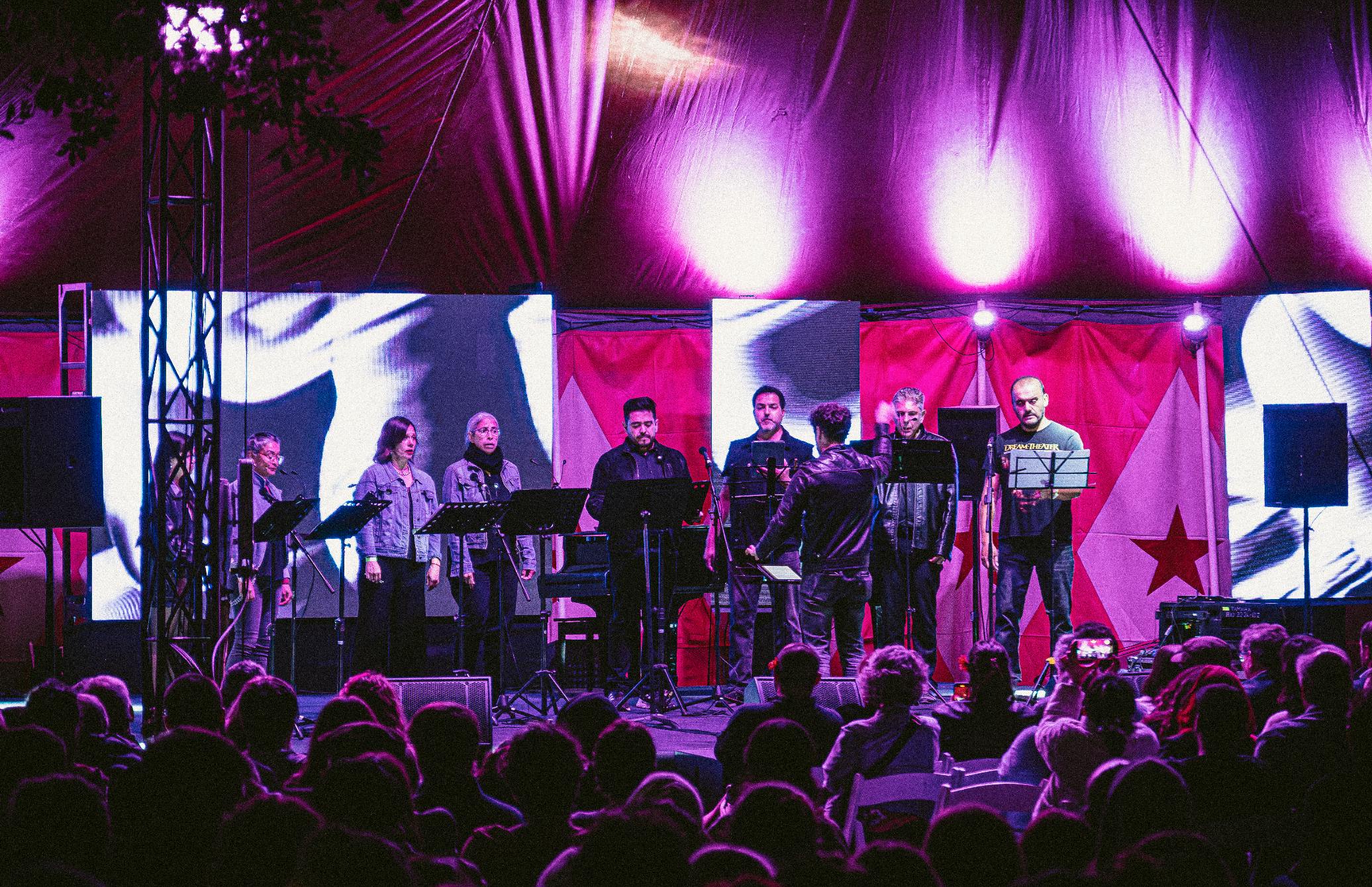
CNC’s concerts attract an audience that defies classical music stereotypes. Younger crowds, creatives and those unfamiliar with orchestral performances are drawn to the informality and innovation of these concerts. Without the rigid etiquette of traditional venues, CNC events foster a relaxed atmosphere where people feel free to engage with the music in whatever way they like - standing, sitting on the floor or wandering around the space. “We’ve had people lie down and just take it all in,” says Pablo. “It’s personal. It’s open. It breaks the mould.”
Reflecting on the audience response, Matias explains: “People come up to us and say it’s their first time at a classical concert, that they never thought this music could feel so alive or relevant.” Others have commented on the energy in the room, describing it as something “raw, immediate and emotionally powerful.”
The organisation also harnesses digital tools to extend its reach, leveraging social media to connect with an even wider audience. In an era where attention spans are dwindling, CNC makes classical music more digestible and engaging without compromising its artistic integrity.
CNC’s model directly challenges the idea that classical music is elitist or inaccessible - some performances are even free, removing economic barriers that might prevent new audiences from attending. The choice of venues also contributes to this accessibility. Rather than requiring audiences to enter a formal concert hall, CNC brings the music to where people already gather.
Additionally, CNC frequently collaborates with local artists, creating multidisciplinary performances that appeal to a broader audience. This fusion of classical music with other art forms further breaks down preconceived notions of what a concert experience should be.
This boundary-pushing approach has not gone unnoticed. The organisation is currently nominated for the prestigious Classical:NEXT Innovation Award, a recognition that celebrates pioneering projects reshaping the future of classical music. Winning the award would further cement CNC’s status as a global force in musical innovation, potentially inspiring similar movements worldwide. Regardless of the outcome, CNC’s impact is already profound - proving that classical music, when liberated from its traditional constraints, can resonate more powerfully than ever before.
Looking ahead, CNC is exploring new ways to expand their reach. International collaborations, larger-scale outdoor performances, and even the integration of augmented reality experiences are all on the horizon. “We’re experimenting with how we can push this even further,” says Luis. “Bigger venues, new formats, even different genres blending with classical music.”
As they continue to challenge norms and redefine concert experiences, one thing is certain: CNC is orchestrating a new future for classical music, one unexpected venue at a time. More surprises coming soon.
